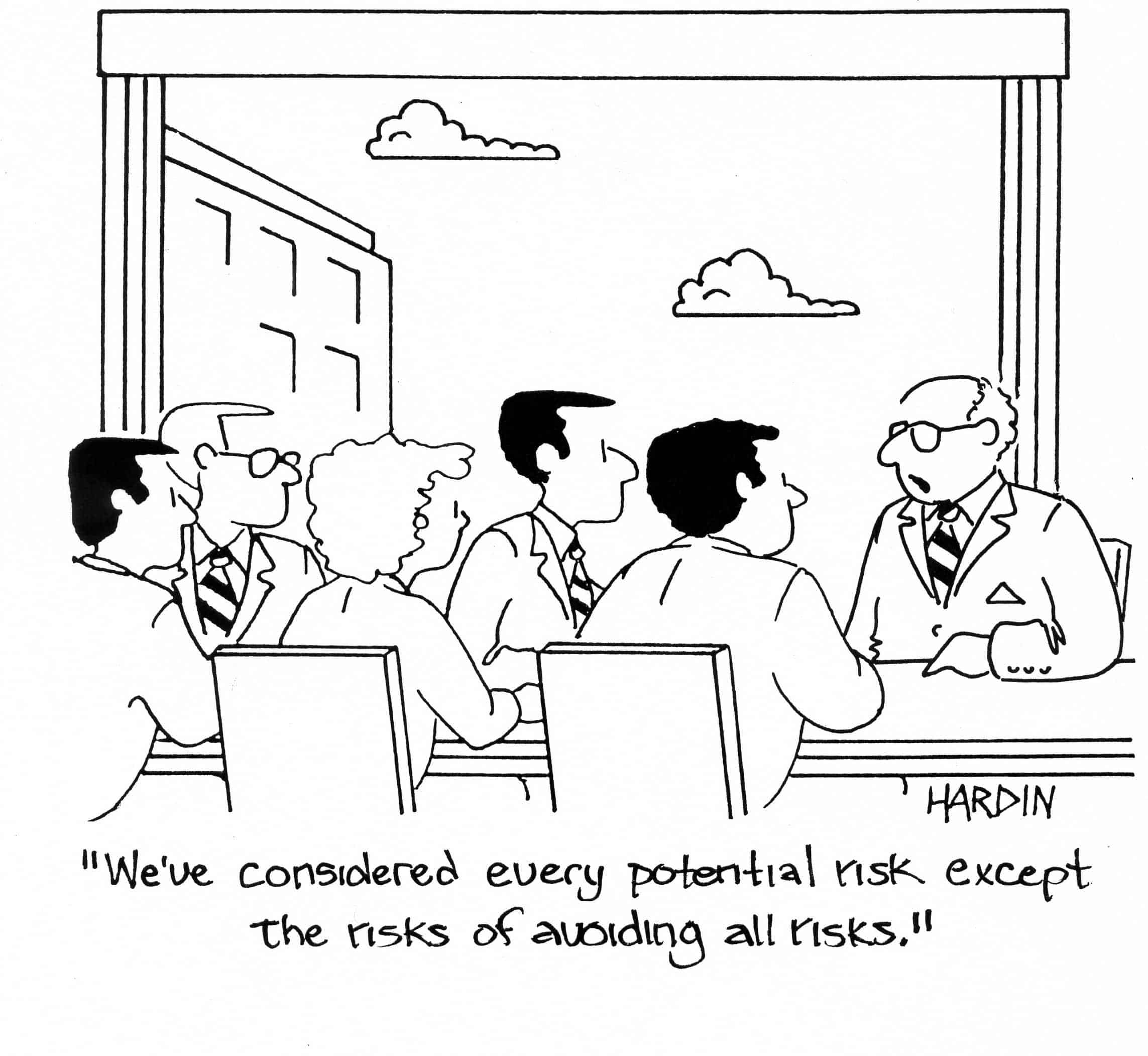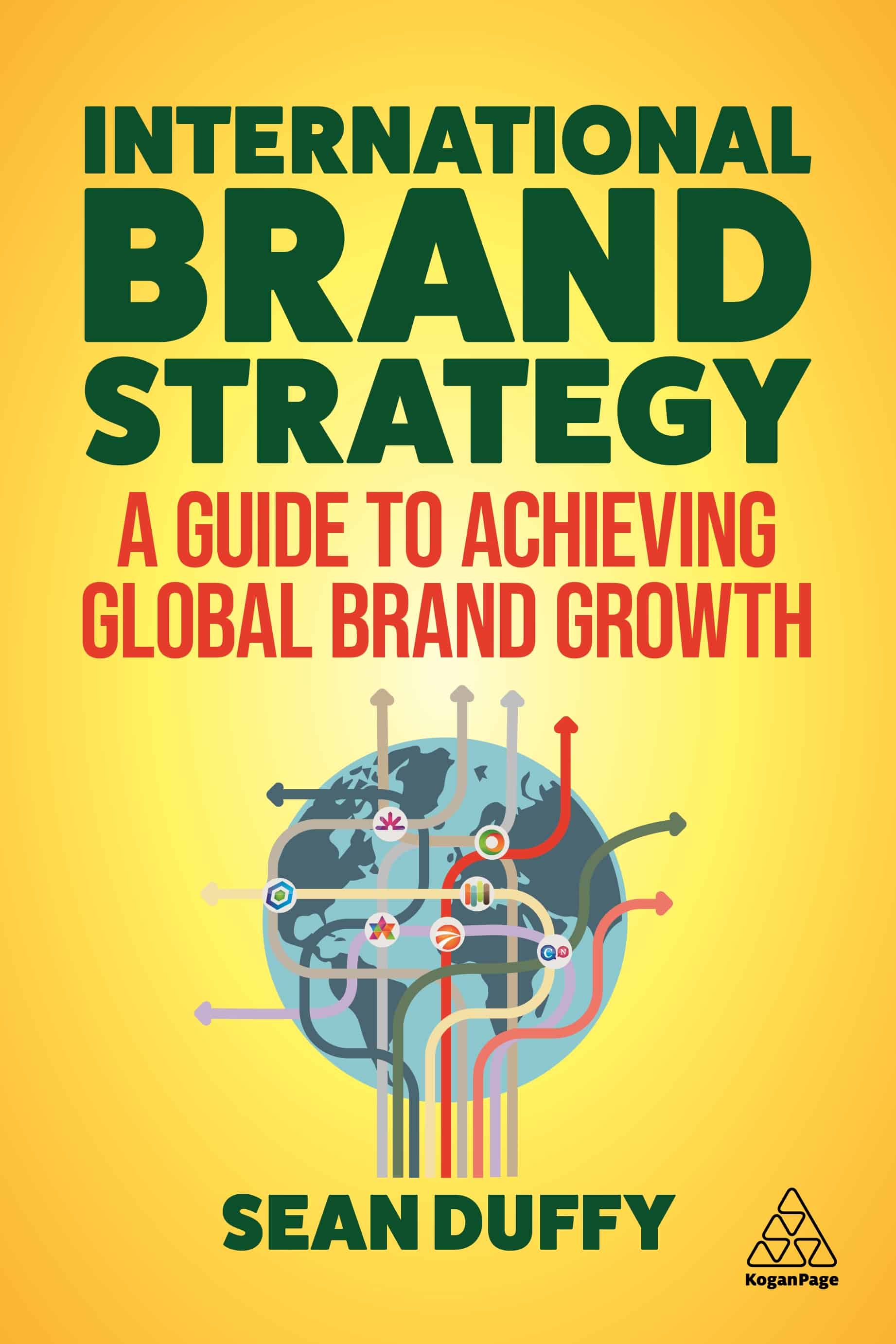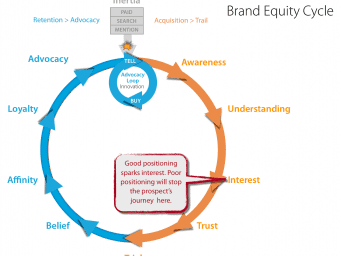What Is Brand Focus? The Fear Factor
The second in a three-part series on best practices to focus your brand's offer and communication....
21 Feb 2025 7412 ViewsOne of the primary tasks of strategic marketing is helping brands focus both their message and their target audience. But for brand managers that means making decisions. And that means taking risks, after all what if you choose the wrong thing to focus on? And that makes a lot of marketers anxious. As Pontus Staunstrup pointed out in one of the posts “A key aspect of strategic development is that it forces us to make — and commit to —decisions. … To many managers, this is a frightening prospect.” So, in many cases they simply don’t do it. Worse still, they rationalize their unwillingness to focus with faux-focus or (fauxus for short). What is brand focus and why does it matter? Keep reading to learn more!
What is brand focus?
Are you wondering what brand focus actually is? It starts with the marketing manager agreeing to the brand’s value proposition and desired position. Then, over time, they begin to lose their resolve. Sometimes it is because they did choose the wrong position. But far more often it is because nature hates focus almost as much as a vacuum. People outside the marketing function who don’t understand the necessity of focus start contributing their varied opinions.
When working on the brand focus strategy, the brand manager tries to accommodate these different views by “developing” the strategy. This means adding novel items like “Key Message”, “USP”, “Core Value”, “Principle Attribute”, “Lead Selling Point”, etc.. Most of these are euphemisms for “alternate value propositions”. Before you know it, the brand communication architecture is a crowded smorgasbord of positioning possibilities and reasons to buy. The brand manager will rationalize the inclusion of all the extraneous elements based on the fact that every extra bit and bob has been given an important-sounding label. To the non-marketer, this looks like a focused strategy. The rest of us see if for what it is: fauxus.

On our blog, you can find out what is neuromarketing and how it can help you.
What should you do in brand focus?
Preventing fauxus requires two things. The first is making a clear distinction between risk avoidance and risk management. Marketing is an attempt to predict the future. When talking about brand focus, risk is inherent in that endeavor and therefore needs to be embraced. We can mitigate this risk greatly with research. But, data and insight will only take us so far.
At one point, marketers must use that input to make a choice and focus. That’s what risk management is all about: Accepting that you’ll never have perfect information, but striving to reduce the gap in your understanding so that your leap of faith is as short as possible given your resources. Ironically, taking intelligent risks regularly, is the lowest-risk brand focus strategy for managing a brand.
The other alternative is risk avoidance. Managers who try to devise a brand focus strategy that avoids risk use fauxus to give the appearance of being decisive without actually making any decisions. On the surface, choosing not to focus the brand message (being everything to everyone) appeals to common sense as the safest way to proceed i.e., “casting a broader net.” But a marketer who avoids risk is like a lifeguard who avoids water.
They both pose a great risk to any person/brand under their supervision. Avoiding risk for brands means keeping the message either me-too or broad. Either choice cripples the brand’s ability to distinguish, differentiate and penetrate crowded markets with a message.

The tendency to avoid brand focus risk rather than embrace and manage it is not necessarily a character flaw. It can be a learned behavior in corporate environments where risk is discouraged and failure punished. Over time, this type of environment can turn even the best brand manager into a bland manager. In such cases, corporate survival trumps marketing strategy and the bland manger winds up making decisions based on what’s best for their career rather than what’s best for shareholders.
The real problem is that the best marketers will shun these types of companies and their marketing departments will become magnets for aqua-phobic lifeguards.
An ideal brand focus strategy – the takeaway
When devising an effective brand focus strategy, step one is to be sure the person in charge of the brand is capable of managing risk and understands that they are expected to take intelligent risks regularly, even if that means occasionally failing. It’s important that senior management provides an environment, at least in the marketing department, that encourages and supports intelligent risk taking. Conversely, risk avoidance should be the trait that is openly disparaged. It should be called out and punished with the same vigor we usually reserve for foolish risk-taking with the brand.
The second step to brand focus is a lot easier. It’s just adopting a consistent methodology for reducing the hundreds of potential selling points down into one focused message. In my next post, I’ll share a simple technique that we have found useful to focus the brand’s message and, just as important, keep it focused.
Do you have a hard time understanding all the concepts? Order our brand identity, brand image, and brand strategy book!
Like this post? You'll find more marketing insights in my new book: International Brand Strategy: A guide to achieving global brand growth, now available from booksellers globally. Order your copy here.








